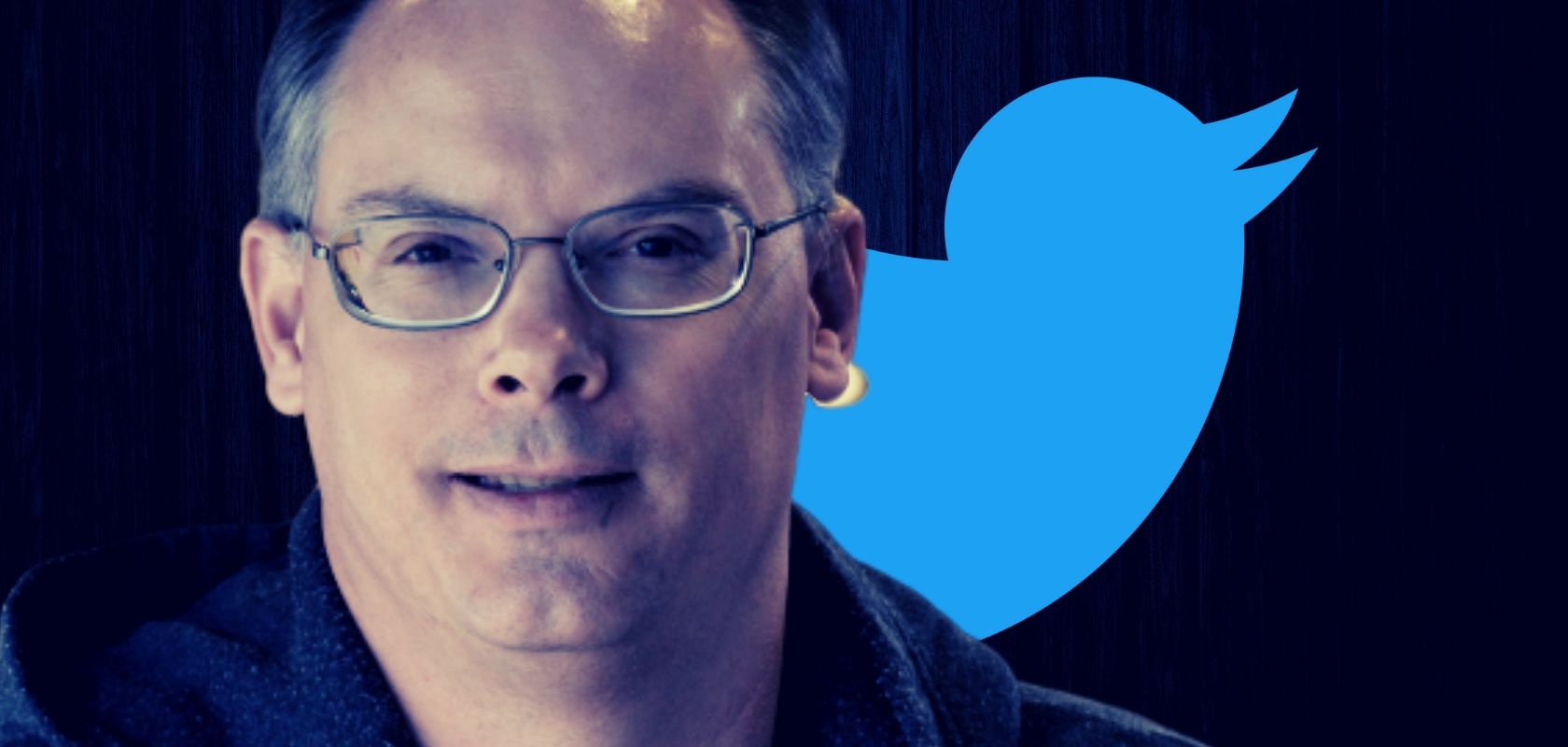Epic Games CEO Tim Sweeney has taken to Twitter to share his thoughts on Twitter’s verification program, suggesting that he’s not interested in being verified until Twitter opens it fully to everyone.
A user on Twitter tweeted, “Hey @jack Can you get @TimSweeneyEpic the CEOCreator of @EpicGames verified? Seems weird no blue check mark here @FortniteGame @UnrealEngine” with the attempt to let Twitter know that the Epic Games CEO was yet to be verified on Twitter.
Click here to display content from X.
Learn more in X’s privacy policy.
However, Sweeney’s response was probably not one that she was expecting.
Sweeney tweeted:
“I don’t want to be verified unless the verification process is opened up to everyone on equal terms. Right now it’s a system for doling our favors to friends of Twitter and for using revocation to punish people Twitter doesn’t like.”
Sweeney appears to be referring to two different complaints against Twitter.
The first is that users who have contacts at Twitter appear to be the ones that can get verified – after Twitter shut down the public verification process back in 2017 to a system that operates at Twitter’s discretion.
Click here to display content from X.
Learn more in X’s privacy policy.
Those who have contacts at Twitter appear to be able to get their accounts verified relatively easily.
Second, Sweeney appears to be referencing how Twitter has taken away users’ verification as punishment in the past.
Twitter’s verification program was once a way for users to ensure that they were communicating with the correct account – not a different account that was a clone, parody or scam.
However, in recent years, Twitter has been revoking the verification badge of verified users as a punishment.
According to Twitter’s rules, “Twitter reserves the right to remove verification at any time without notice” –
“Reasons for removal may reflect behaviors on and off Twitter that include:
-
Intentionally misleading people on Twitter by changing one’s display name or bio.
-
Promoting hate and/or violence against, or directly attacking or threatening other people on the basis of race, ethnicity, national origin, sexual orientation, gender, gender identity, religious affiliation, age, disability, or disease. Supporting organizations or individuals that promote the above.”
Here, Twitter is suggesting that verification is no longer about making it easier for users to know they’re interacting with the correct account, but about creating a two-class system on the platform.
Political commentator and author Douglas Murray recently commented on Twitter’s practice:
Click here to display content from X.
Learn more in X’s privacy policy.
Twitter has also been accused of withholding verification from public figure journalists whose accounts it knows to be genuine but may not like the way the journalist has reported about Twitter.
One of the most famous examples of this is Project Veritas reporter James O’Keefe who reported on what happens behind the scenes at Twitter with undercover footage.
Click here to display content from X.
Learn more in X’s privacy policy.













